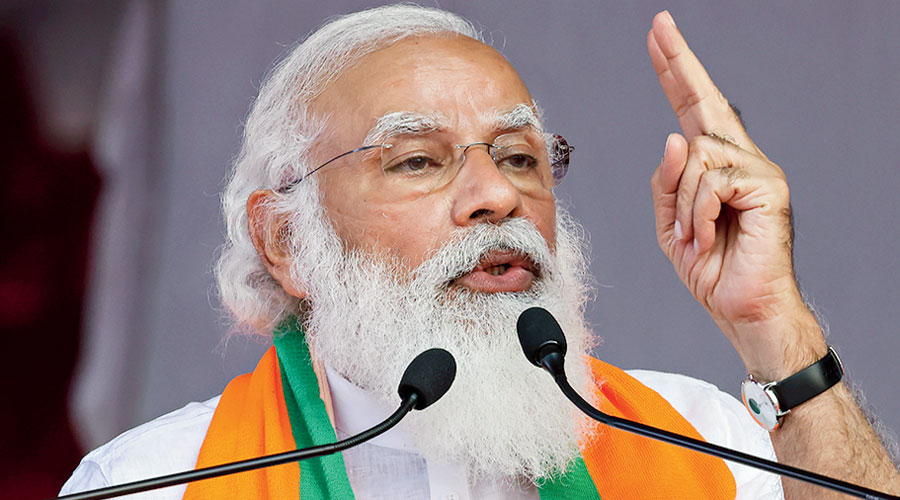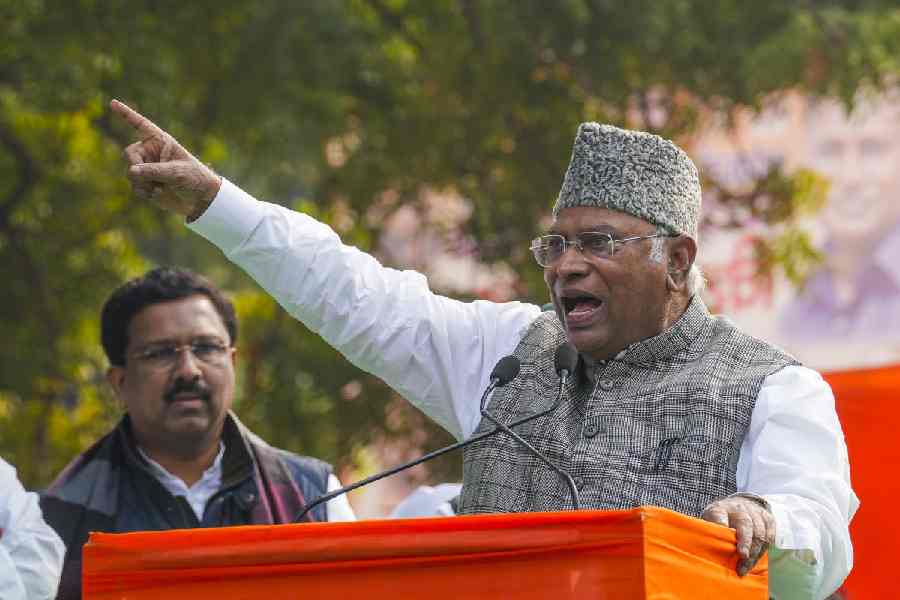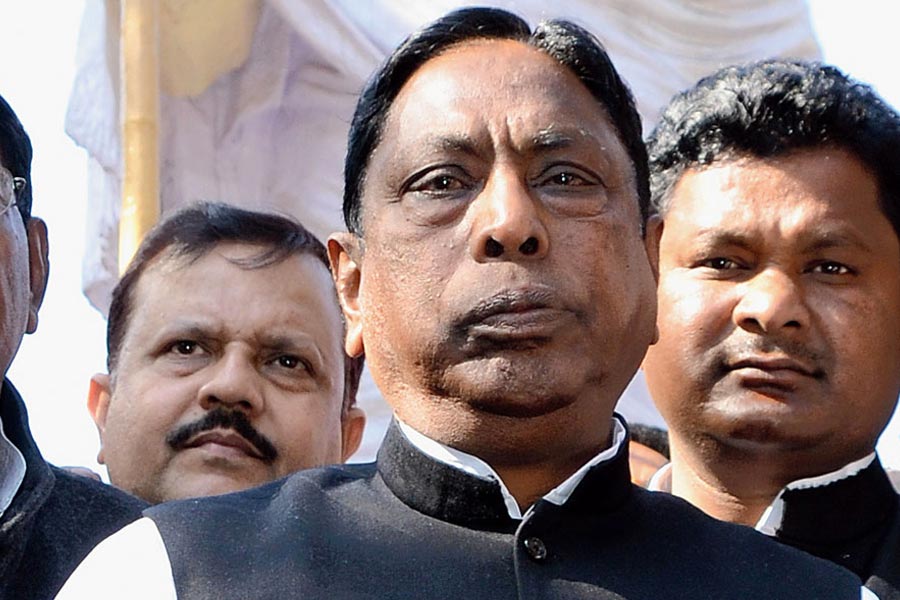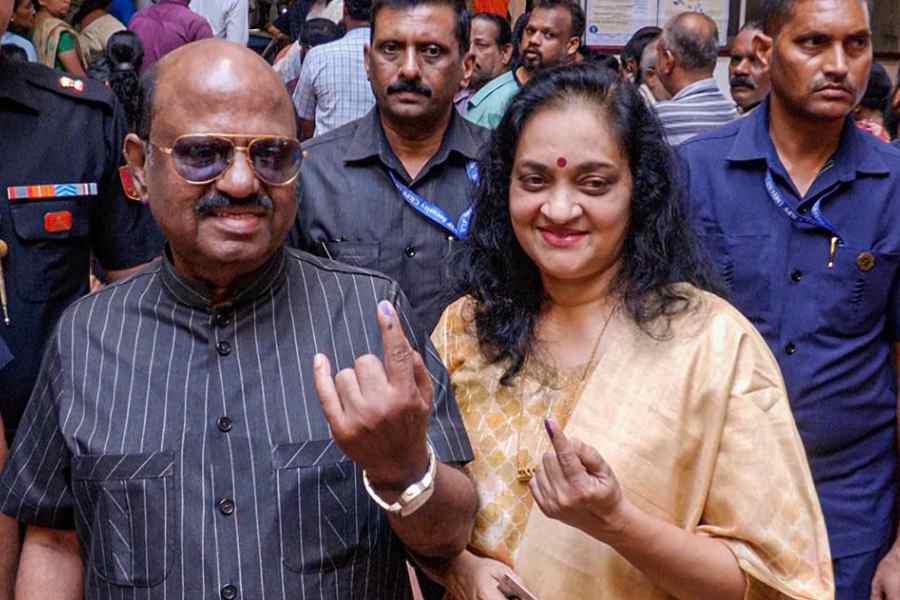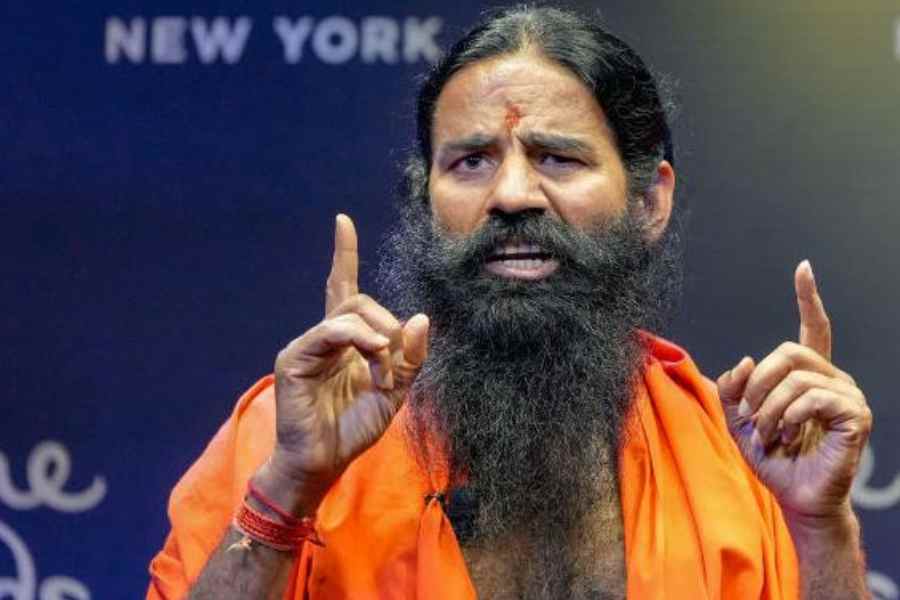The prime minister’s recent remark about the ‘business of government is not to be in business’ is a well-known conservative articulation of the role of the State in economic development. The concept of the State revolves around the relative efficiency of the private sector, minimally regulated by the State’s fiscal and monetary policies along with the institutions that support market activities like courts and law-and-order enforcement agencies. The government has a residual role in providing services, which involves the production of public goods and, to some extent, bolstering the provision of adequate educational and health services. Despite these strong views that many economists and business persons hold, many countries do have public sector units that produce such critical inputs as oil, power, railway services and industries that are considered to be of strategic interest. The government, it is argued, cannot run businesses efficiently. Private profit earners take care of their businesses better and if losses are incurred, they are not passed on to the tax-payers.
These are stereotypical views. There are exceptions as well where public sector companies run as star performers and private sector companies have abysmal levels of efficiency. There are historical reasons that need to be examined. In India, the origin of the public sector during the 1950s stemmed from the lack of large and mature entrepreneurs who could organize large-scale investments with long gestation lags in such arenas as steel, fertilizers, power, oil and railways. The State stepped in to create the ‘temples of modern India’ with which the private sector could grow and become experienced enough to ultimately take on the mantle of captains of industry. In today’s India, private investors are strong enough to take on the activities that exist under the umbrella of the public sector. Hence the government has prioritized the sale of PSUs and embarked on a process of privatization that rolls back the government from the market economy. However, what becomes of the economy is determined to a very significant extent by the quality of the government’s economic policies, the stability of its regulations, the depth of its institutions and, above all, by what it does for social and human development for those at the bottom of the pyramid. A large role remains for the government hovering in the periphery of private business — influencing it, controlling it, giving it direction. The mere absence of a public sector is neither a necessary, nor a sufficient, condition for improving the health of India’s economy and society.

